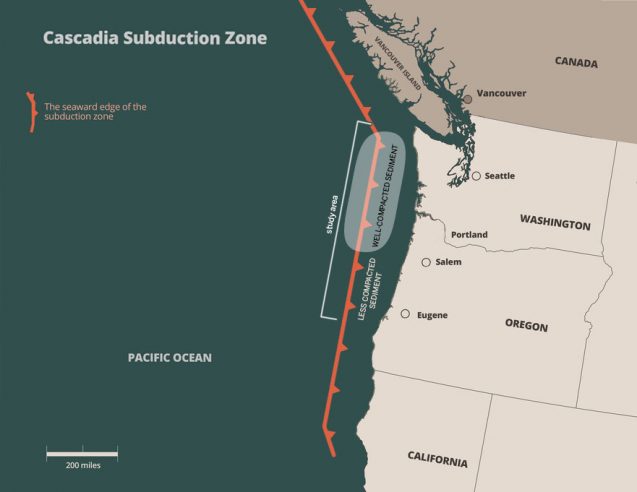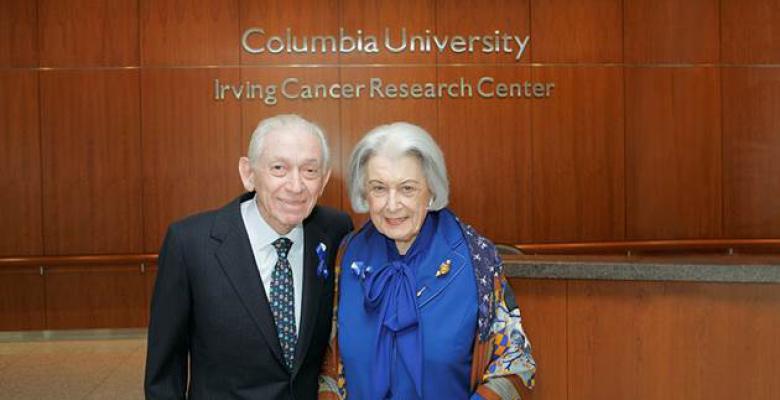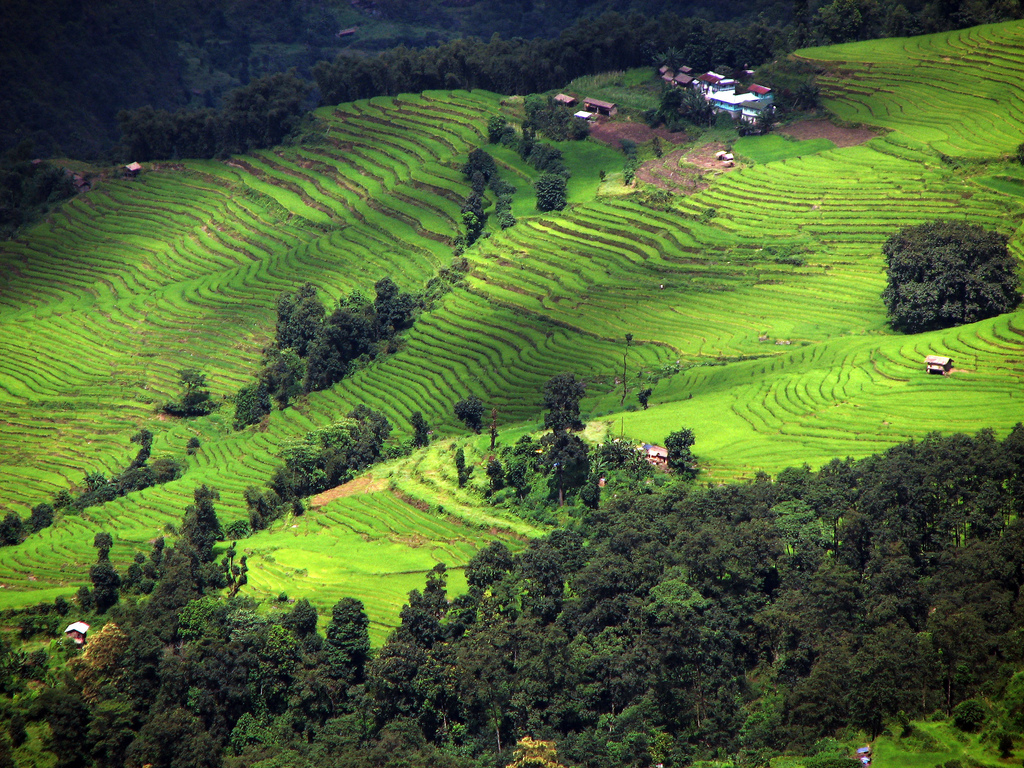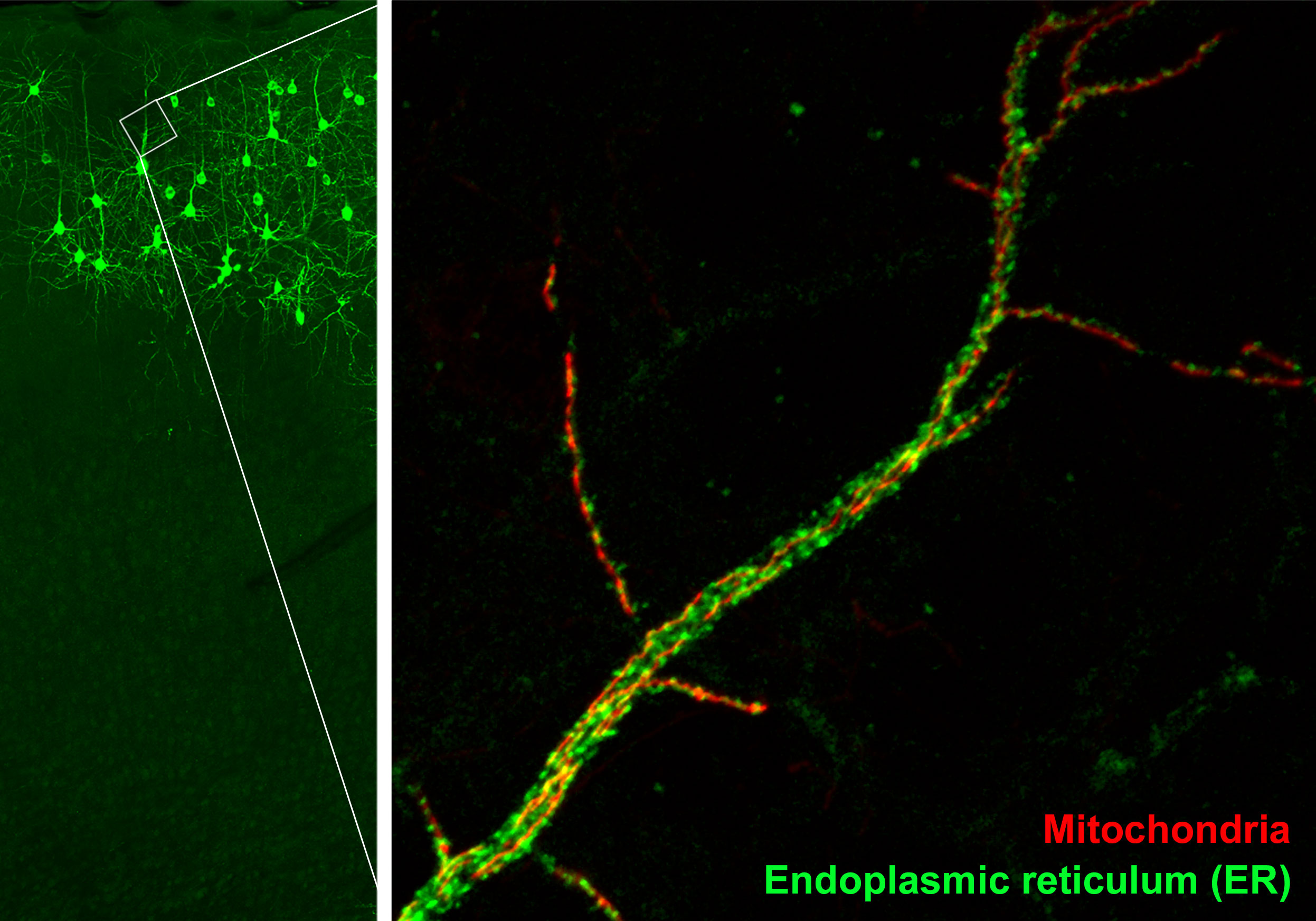01
December
Columbia scientists have determined why excess saturated fats, such as those released from lard, are toxic to cells and cause a wide variety of lipid-related diseases, while unsaturated fats, such as those from fish and olive oil, can be protective.
Read More
22
November
Columbia University biologists have revealed a mechanism by which bacterial cells in crowded, oxygen-deprived environments access oxygen for energy production, ensuring survival of the cell.
Read More
20
November
A new study by Lamont-Doherty Earth Observatory researchers finds that tightly packed sediments help the Cascadia Subduction Zone generate large earthquakes, and could boost its ability to trigger a large tsunami.
Read More
16
November
The Irvings’ historic gift will have a profound impact on cancer research and treatment, building on three decades of support for Columbia University Medical Center.
Read More
06
November
Redrawing the global map of crop distribution on existing farmland could help meet growing demand for food and biofuels in coming decades, while significantly reducing water stress in agricultural areas, according to a new study.
Read More
06
November
Columbia University researchers have helped devise a way to use satellite measurements of the precursor gases that contribute to ozone formation to predict when and where ozone will form.
Read More
02
November
Research led by the Zuckerman's Institute's Franck Polleux stands to usher in a new era of discovery — where the smallest parts of a cell can be used to tease apart biology’s largest questions.
Read More







